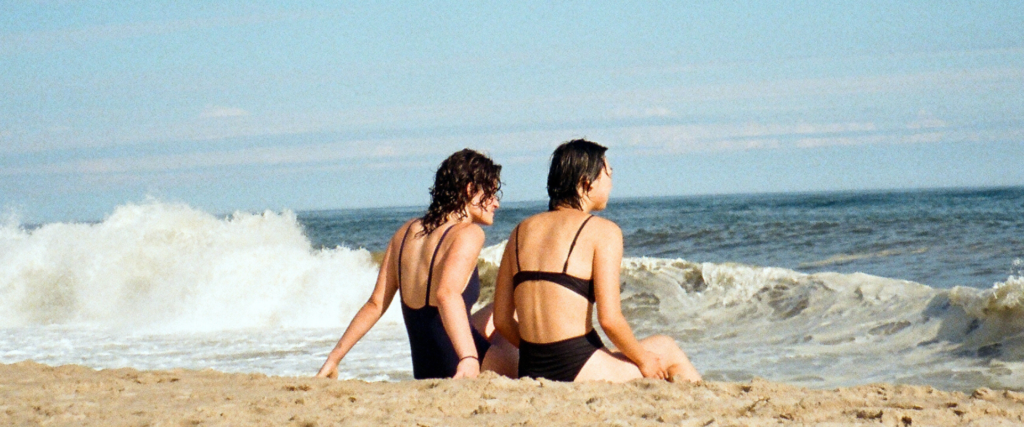Swimming is a fantastic way to stay fit and have fun, but it can be harsh on your hair health. Chlorine, saltwater, and sun exposure can lead to dry, damaged hair. Understanding these risks and implementing effective hair care strategies can help you maintain healthy hair while enjoying your favorite aquatic activities.
How Swimming Damages Hair
1. Chlorine Exposure
Chlorine, used in swimming pools to kill bacteria, strips the natural oils from your hair, leaving it dry and brittle. Prolonged exposure can also cause discoloration, particularly in lighter hair tones.
2. Saltwater Impact
Saltwater has a dehydrating effect on hair, pulling out moisture and making it dry and prone to breakage. Over time, this can lead to split ends and an overall rough texture.
3. Sun Damage
UV rays from the sun weaken hair proteins and fade color-treated hair. Combined with the drying effects of chlorine and saltwater, sun exposure can significantly exacerbate hair damage.
Protecting Your Hair
1. Pre-Swim Prep
Before swimming, wet your hair with fresh water. Hair saturated with clean water is less likely to absorb as much chlorine or saltwater. Applying a leave-in conditioner or a small amount of coconut oil can also create a protective barrier.
2. Wear a Swim Cap
A swim cap can shield your hair from direct contact with chlorine and saltwater. While it may not keep your hair completely dry, it will significantly reduce exposure and potential damage.
3. Rinse Immediately
After swimming, rinse your hair thoroughly with fresh water as soon as possible. This helps remove chlorine, salt, and other chemicals before they cause further damage.
4. Use a Clarifying Shampoo
Incorporate a clarifying shampoo into your hair care routine to eliminate any residual chlorine or salt. Use it once a week to prevent buildup, followed by a deep conditioner to restore moisture.
5. Hydrate and Nourish
Keeping your hair hydrated and nourished is key to maintaining its health. Regular conditioning treatments and hair masks can replenish lost moisture and nutrients.
6. Boost Your Hair Health with Supplements
Consider supplementing your hair care routine with supplements like BIGVITA’s Hair +. This supplement is specially formulated to support hair health from within. Packed with essential vitamins and nutrients like AnaGain Nu, biotin, and black sesame extract, Hair + promotes stronger, shinier, and more resilient hair.
7. Natural Oils and Serums
Natural oils, such as argan oil and jojoba oil, are excellent for moisturizing and protecting hair. Apply a few drops to the ends of your hair daily to keep it hydrated and smooth. Serums designed to protect against UV rays and heat can also be beneficial, especially for those who spend a lot of time outdoors.
Swimming doesn’t have to mean sacrificing the health of your hair. By taking proactive steps to protect and nourish your hair, you can enjoy the benefits of swimming while keeping your hair healthy, strong, and beautiful. With these tips, you can swim with confidence, knowing your hair is well cared for.
—
- https://www.healthline.com/health/chlorine-damage-hair
- https://www.medicalnewstoday.com/articles/saltwater-hair-damage
- https://www.ncbi.nlm.nih.gov/pmc/articles/PMC2929555/
- https://www.swimoutlet.com/blogs/guides/the-benefits-of-wearing-a-swim-cap
- https://www.byrdie.com/best-clarifying-shampoos-4782202
- https://www.allure.com/gallery/best-hair-masks
- https://www.goodhousekeeping.com/beauty/hair/g25587472/best-hair-oils/
- https://www.webmd.com/beauty/ss/slideshow-foods-good-for-hair




